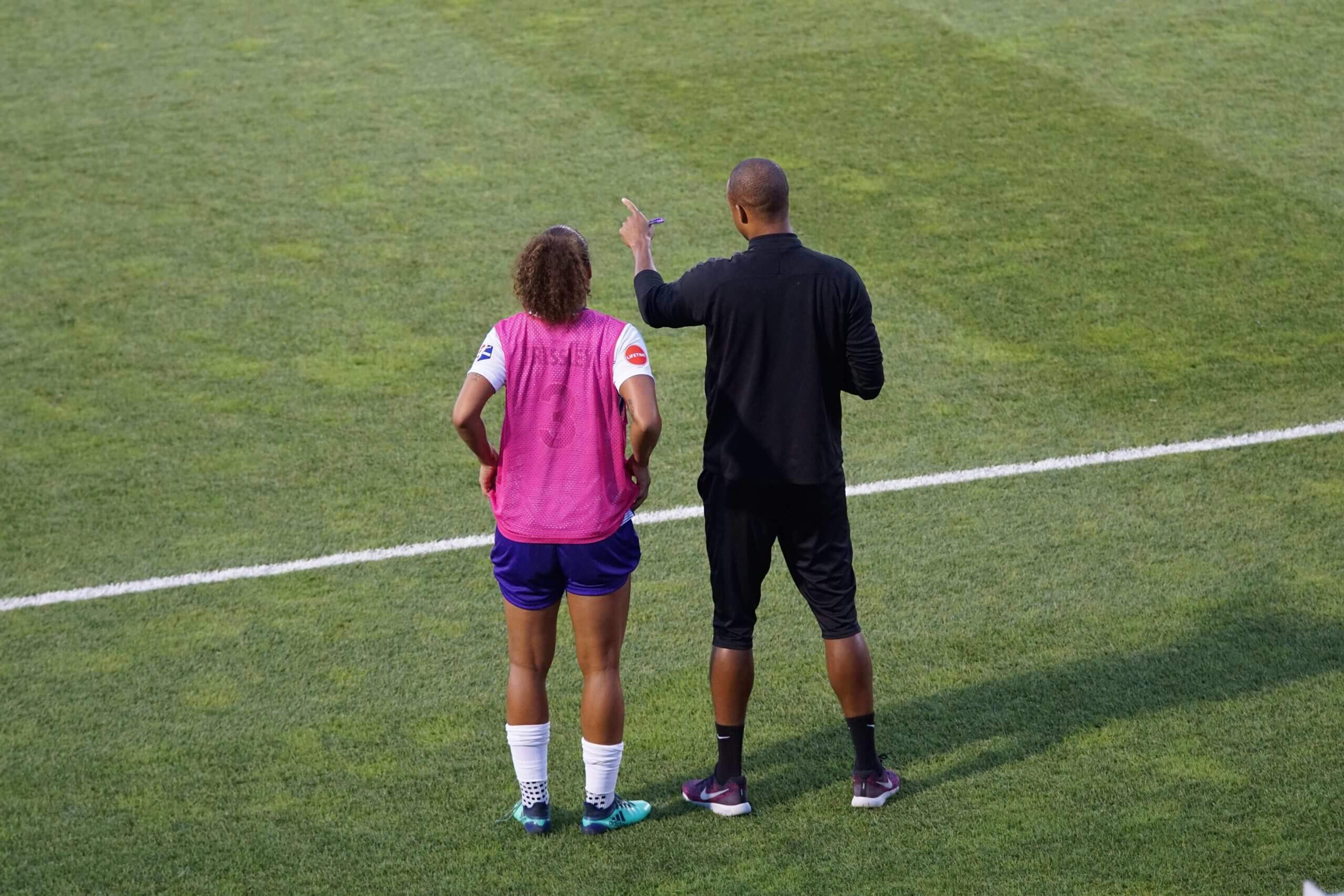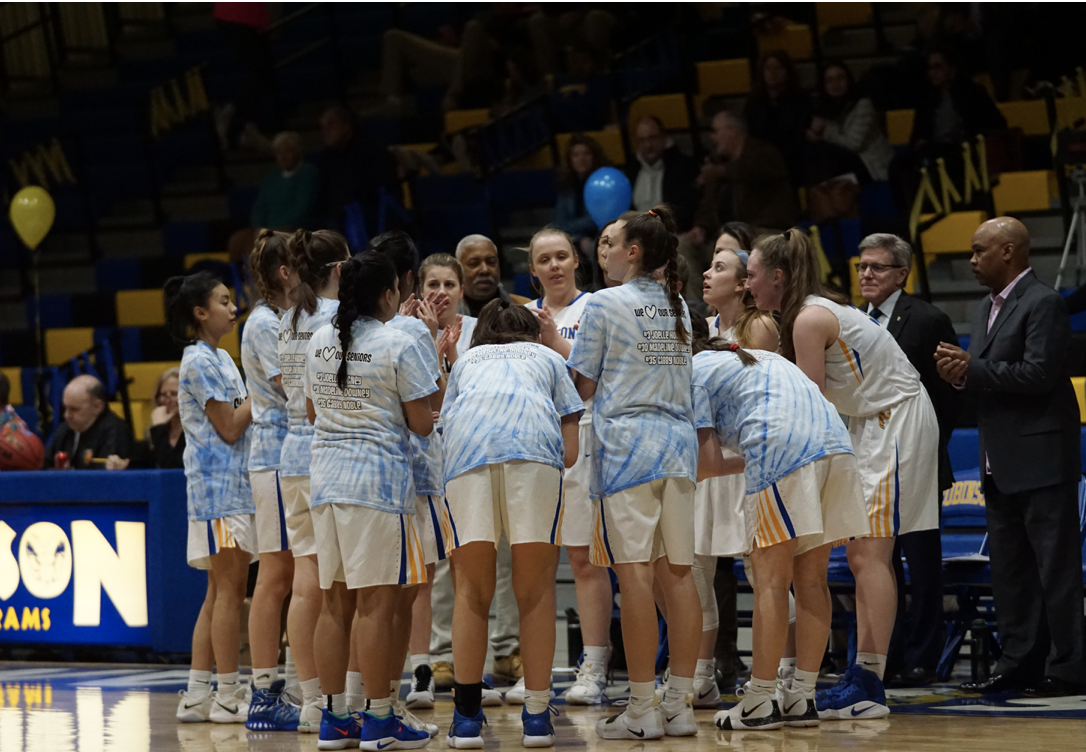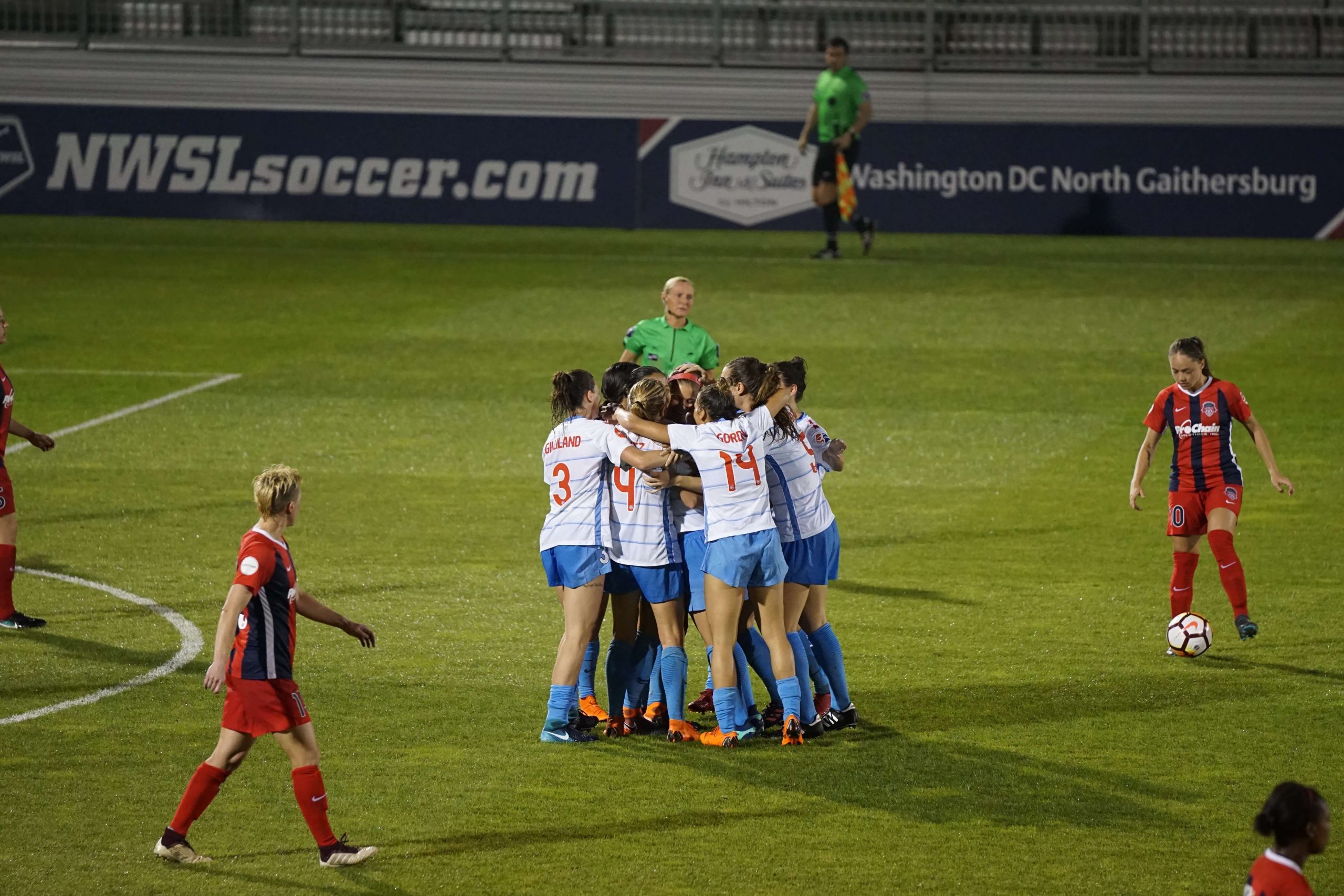There’s two periods: before Title IX and after.
Billie Jean King won the U.S. Open, the French Open and the Wimbledon championship in 1972. But if you ask the tennis monarch to name her most coveted trophy from that historic year, we’re betting it’s not from one of those prestigious tournaments.
(And we’re not talking about the trophy she won after beating Bobby Riggs in the “Battle of Sexes,” either. Although it might be a close second. Besides, that came a year later in 1973.)
Rather, we’re referring to a symbolic trophy from 1972 that King no doubt holds close to her heart – one that female student-athletes have coveted for the past 50 years, and one that King had a significant hand in. But, then, the passage of Title IX changed women’s sports forever.
A milestone in U.S. civil rights
This year, on June 23, we will celebrate the 50th anniversary of Title IX of the Education Amendments of 1972, which is considered one of the most significant pieces of civil rights legislation in America’s history. Dr. Bernice R. Sandler, senior scholar at the Women’s Research and Education Institute in Washington, D.C., widely known as the godmother of Title IX, told Forbes, “Title IX is probably the most important law passed for women and girls in Congress since women obtained the right to vote in 1920.”
Designed to protect people from discrimination based on sex in education programs or activities that receive federal financial assistance, Title IX states:
No person in the United States shall, on the basis of sex, be excluded from participation in, be denied the benefits of, or be subjected to discrimination under any education program or activity receiving Federal financial assistance.
Seems fairly straight-forward, right? Unfortunately, in the arena of U.S. politics, few things are ever that simple. And Title IX has certainly not been without controversy as it has evolved over the past 50 years.
Substantial progress
In 1972, 58% of college students were male and 42% were female. By 2010 those numbers had flipped: 57% of college students were women, and that number has continued to increase, according to the Brookings Institution, a non-profit public policy research group based in Washington, D.C.
In 1972, men earned eight times as many PhDs as women. Today, women earn more doctorates than men. Women also earn more degrees in the sciences than men. In addition, at the elementary and secondary levels, girls get better grades and participate in more extracurricular activities.
As Thomas DiPrete and Claudia Buchmann put it in The Rise of Women, “Women have not merely gained educational equality with men; on many fronts they have surpassed men by a large and growing margin.”
Simply put, women kick gluteus maximus. And they can do so with equal opportunity, thanks to Title IX.
Women in sports
Title IX’s effect on opportunities for females to participate in athletics has been monumental. Before Title IX, one in 27 girls played sports. Today, that number is two in five, according to the Women’s Sports Foundation (WSF), which Billie Jean King created in 1974.
Former WSF president Donna de Varona says Title IX has had a tremendous effect on women’s sports: “Since 1972, thanks to increased funding and institutional opportunities, there has been a 545% increase in the percentage of women playing college sports and a 990% increase in the percentage of women playing high school sports.”
King, who spent the 1960s and early 1970s relentlessly campaigning for parity in women in sports, played a pivotal role in the passing of Title IX. She appeared on Capitol Hill to testify on behalf of Title IX and speak to its need for girls and women advancing in their sports.
Another female athlete and administrator who championed Title IX was Dr. Christine Grant who helped shape, define and implement the legislation in 1972. She was involved in women’s collegiate athletics for nearly 50 years and was the longtime Iowa women’s athletic director. Sadly, she won’t be here to celebrate the 50th anniversary of Title IX, as she passed away recently, on Dec. 31, 2021, at the age of 85.
Still work to do
In recent years, federal regulation under Title IX has become increasingly contentious. And, presently, the overwhelmingly successful civil rights law has become a hot-button political issue.
In 2011, the Office for Civil Rights in the Department of Education advanced a series of new sexual-harassment rules and launched investigations into several colleges where allegations of sexual harassment emerged. Then, in 2016, it issued a “Dear Colleague Letter” on transgender rights that required schools to allocate access to sex-segregated facilities, such as bathrooms, showers and dorm rooms, on the basis of a students’ gender identity rather than their biological sex.
While that letter was eventually rescinded, transgender rights are now being debated in federal courts, and the current administration plans to include a range of protections for transgender students in the new Title IX rules, including their rights to access school bathrooms that match their gender identity and participate in school sports.
And though some progress has been made, racial inequality continues to need attention within Title IX, including equal access to sports at the high school level as well as the data needed on minority participation in athletics.
In other words, even after 50 years, Title IX is still evolving. Amendments to the law continue to be debated and the outcomes will affect diverse student-athletes on all levels. Knowing how your school’s athletics will need to adapt will be paramount in the coming months.















